How Overspending Can Affect Your Small Business

We tend to think of overspending as a personal issue. A scene from Confessions of a Shopaholic might come to mind when you read the word – we think of this behavior as relegated to emotionally-motivated shopping sprees. But the truth is, emotional spending, and the resulting overspending, can easily happen in our business finances too.
What Does Overspending Look Like in Business Finances?
Overspending in business can show up in a variety of different ways, but there are two keys to recognizing it:
1)The spending behavior is emotionally motivated.
The emotional landscape underlying overspending is often one of insufficiency – we feel like there’s something about our business (or ourselves) that is lacking, so we rush to spend to make up for it. This can manifest as easily-labeled emotional issues like impostor syndrome, or perfectionism, or the myth that you need to “spend money to make money.”
As a general rule, it can be helpful to do some emotional inquiry around your finances. When making spending decisions, try asking yourself, “What emotions are coming up around these decisions?”
2) The spending on one area of the business is detracting from others that may also need some monetary resource.
This can be hard to spot. Especially for small business owners, there are often not clear industry standards for how much a business “should” spend on a particular category, and even if these do exist for your niche, they may not be helpful or accurate. However, if there is a clear difference between the amount you’re spending in one area and others, and there is an emotional component to that spending, then it may be overspending.
How Can Overspending Affect Your Small Business?
This is the interesting paradox of overspending – it creates deprivation. Karen McCall summarizes this idea beautifully in her book Financial Recovery when she explains how overspenders are likely to spend it all on “pretties” while neglecting the “necessaries.” This can show up in a business in situations where certain pieces, like aesthetic branding or top-of-the-line equipment, are easily prioritized, but there isn’t enough cash on hand to pay for a business license or save for tax expenses.
The result is not a financially functional business. While there are some elements covered, without a money system that prioritizes important logistics and gets you paid, the business will soon become draining to run and simply eat cash.
You Know Best
It’s important to remember that when it comes to your business, you are the best expert. Nobody can decide that you’re overspending on a certain category except you. A good bookkeeper or a money buddy can help observe financial patterns in your business and give you some advice, and this can be an extremely helpful resource! But ultimately, you call the shots around spending in your business – it’s important to remember that and to stay confident in your choices.
If you liked this article, you’ll probably enjoy my free EBook, Reach Your Life Goals: A Business Owner’s Guide. Download a free copy here.

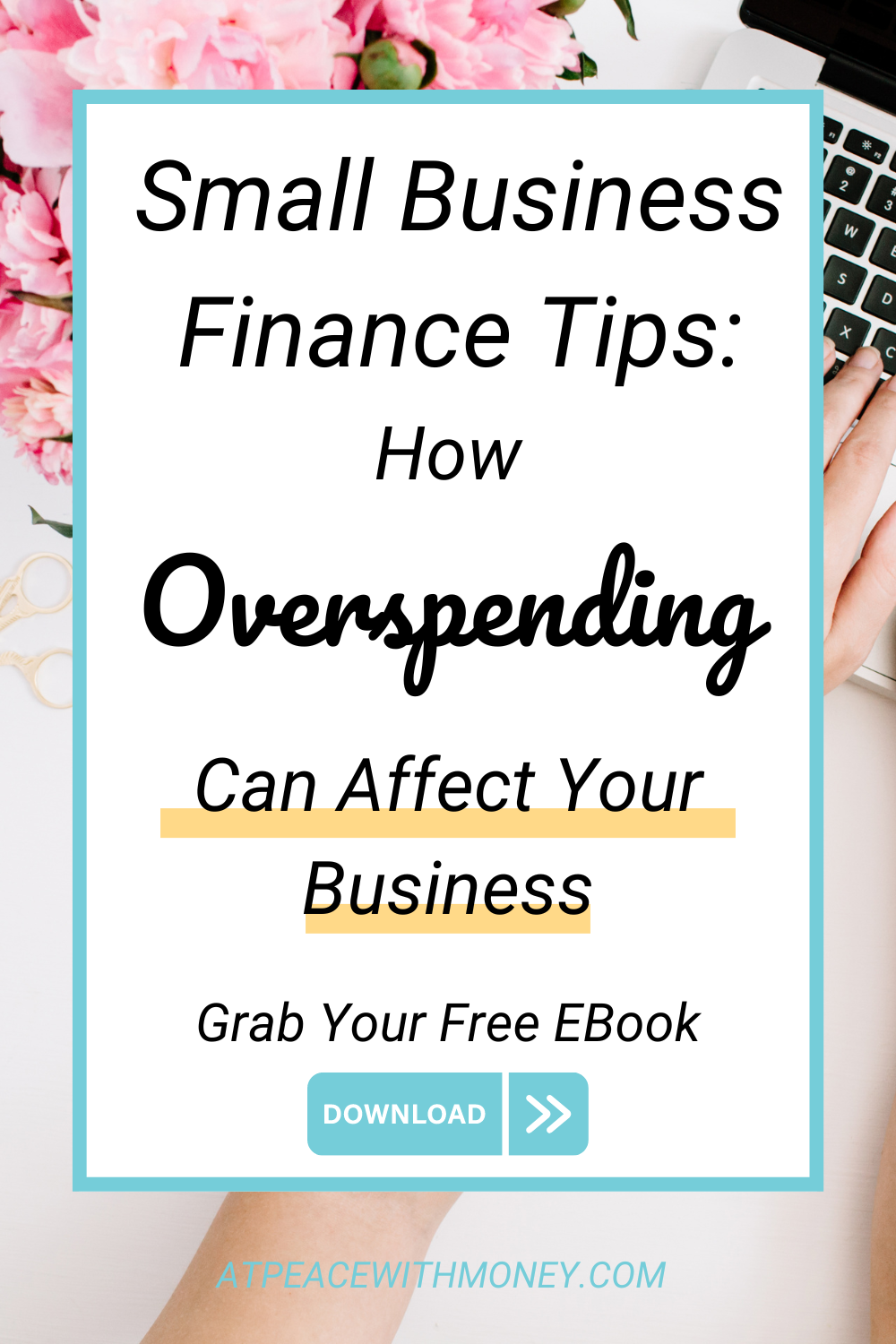
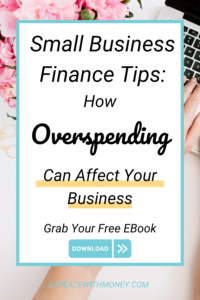


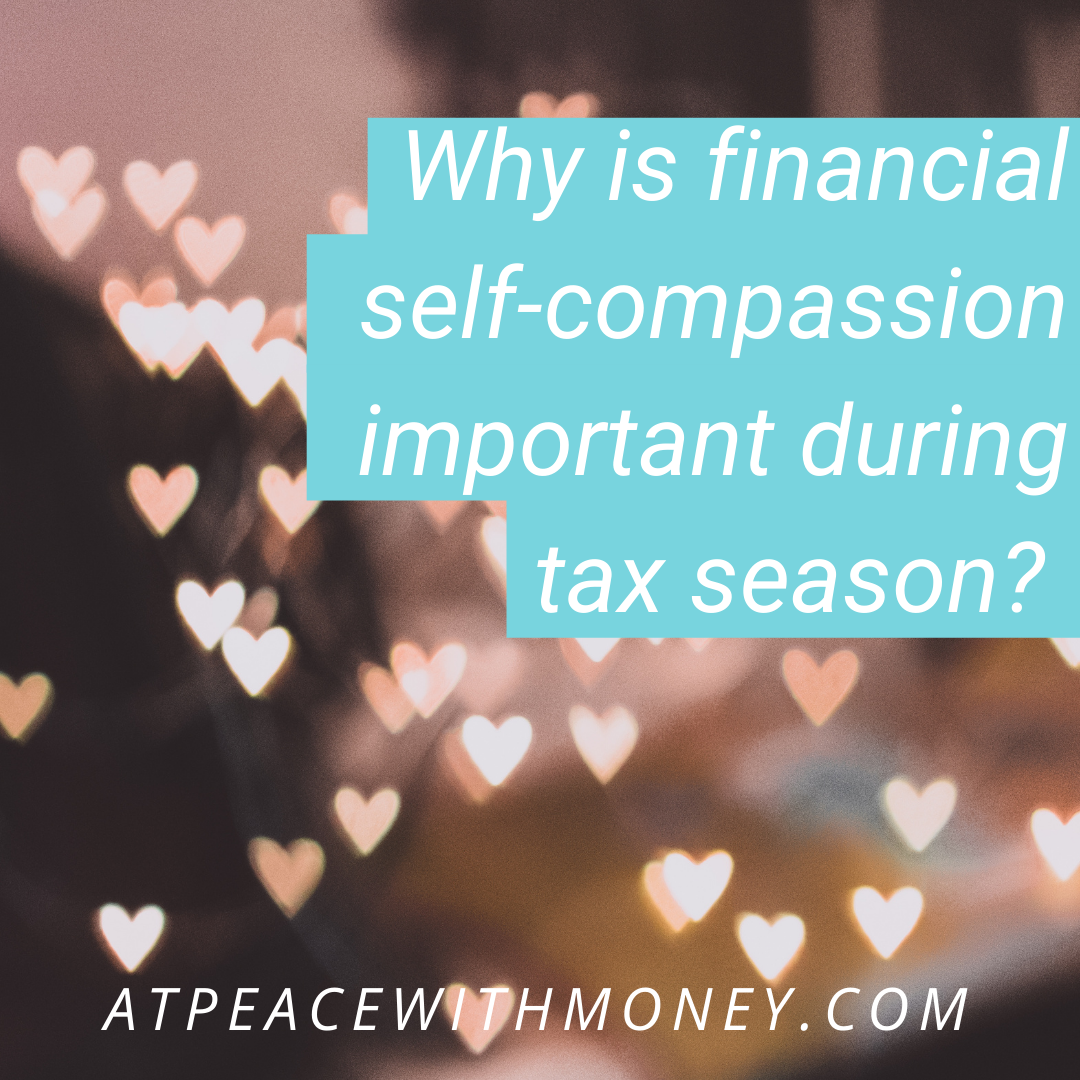

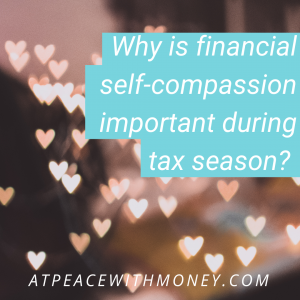




 Above all else, when faced with a decision around your business, refer back to your
Above all else, when faced with a decision around your business, refer back to your 
 With peace and self-compassion,
With peace and self-compassion,




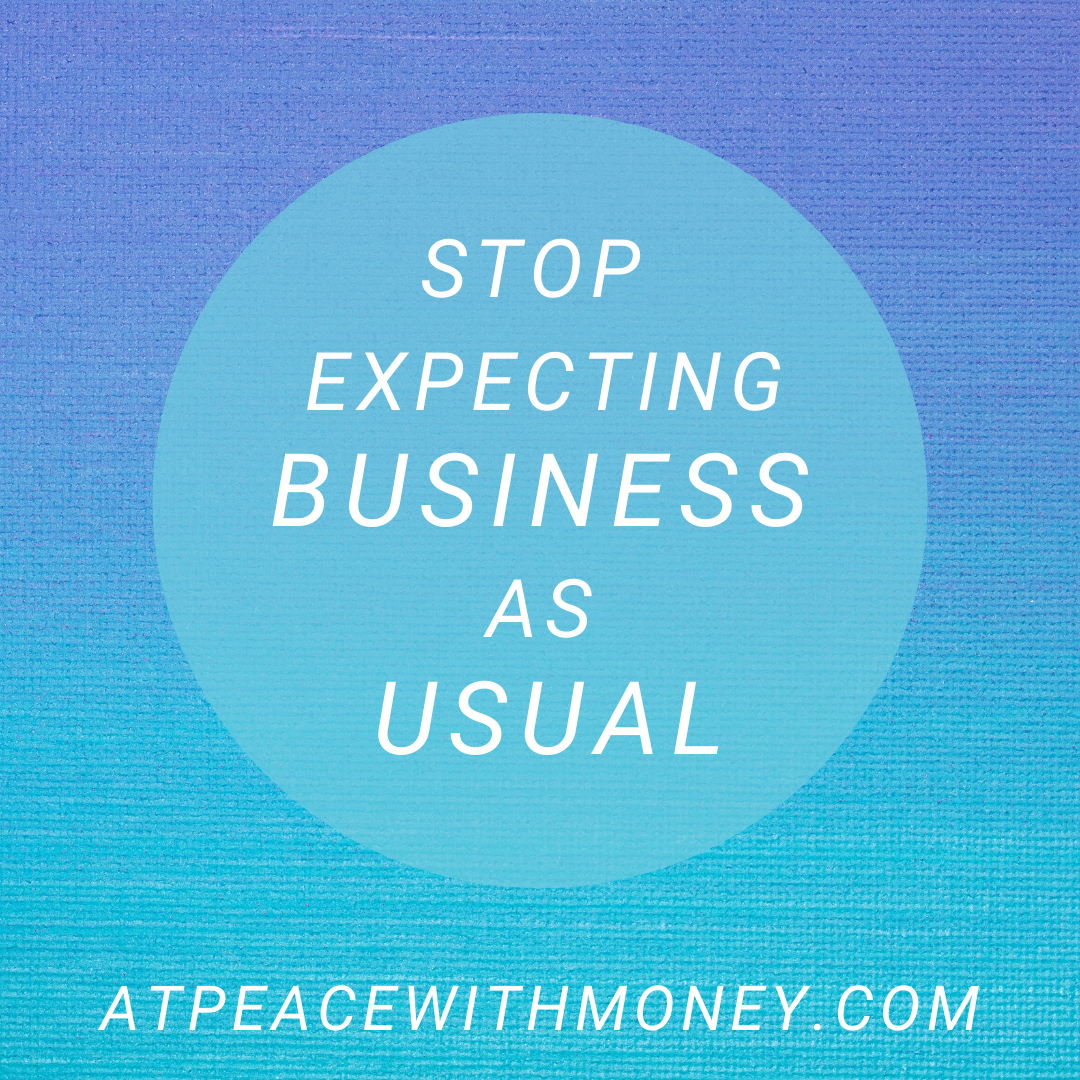

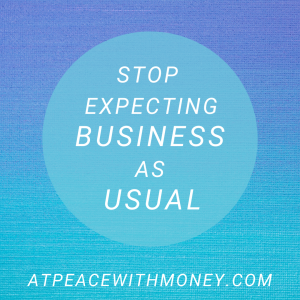 In addition to stepping up to give your emotions some space, this is also a time
In addition to stepping up to give your emotions some space, this is also a time 



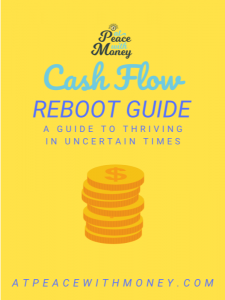 valuable at a time like this. Because Jennifer is able to acknowledge her feelings and tend to them, she has more mental space available when it’s time to get to work.
valuable at a time like this. Because Jennifer is able to acknowledge her feelings and tend to them, she has more mental space available when it’s time to get to work.


 What Do You Gain From This?
What Do You Gain From This?
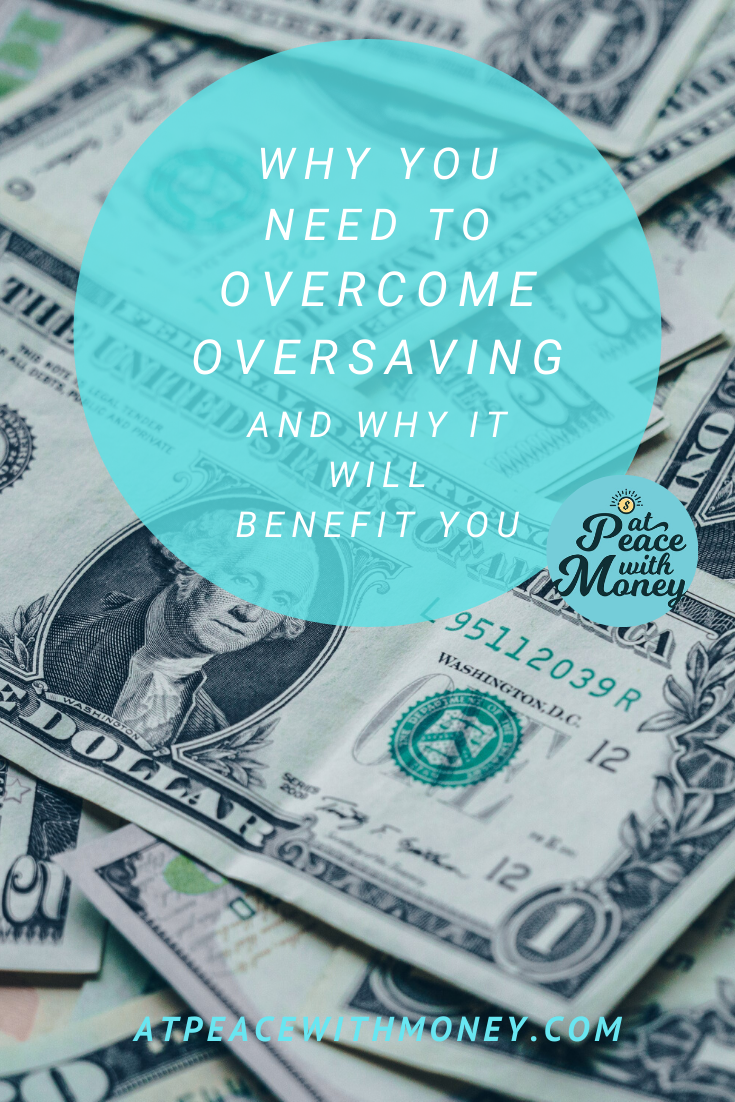

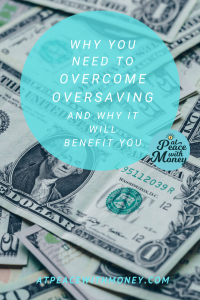 Doing some emotional work around money can also really help you clear up your oversaving. I recommend reading
Doing some emotional work around money can also really help you clear up your oversaving. I recommend reading 


 In short, there’s a feedback loop between your finances and your identity as a business owner. Therefore, the best thing to do is to really look at your business’s finances. If you feel underpaid,
In short, there’s a feedback loop between your finances and your identity as a business owner. Therefore, the best thing to do is to really look at your business’s finances. If you feel underpaid,